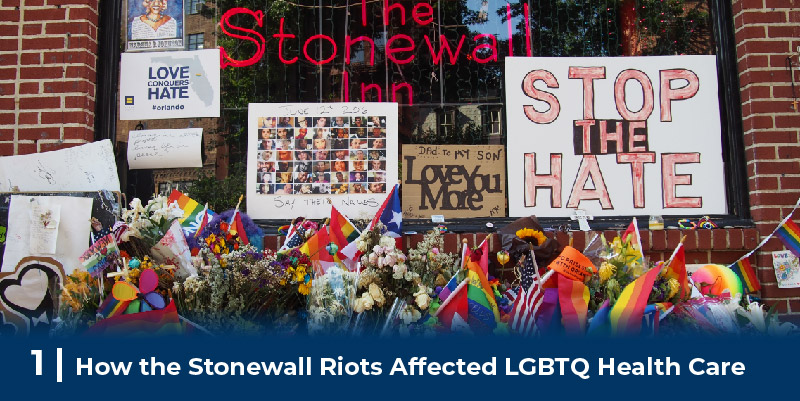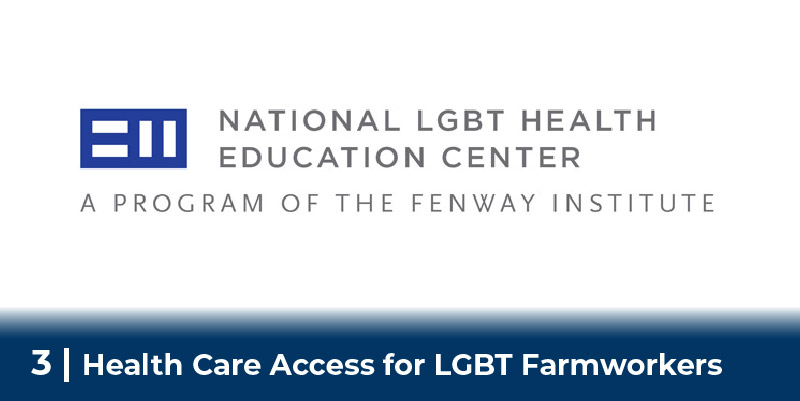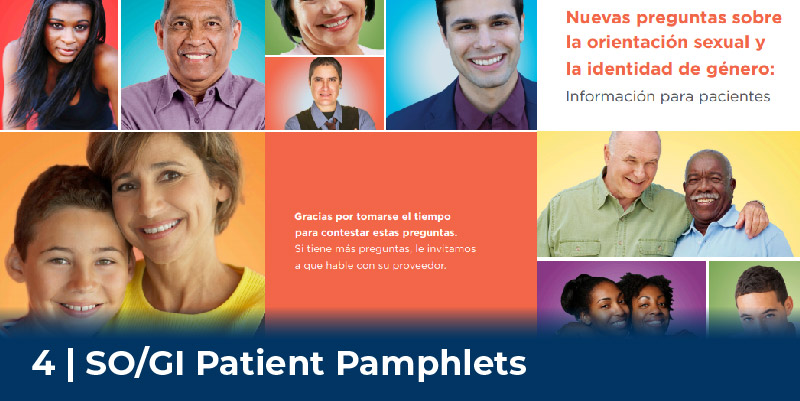- Who We Are
- Clinician Employment
- Publications
- Witness to Witness (W2W)
- Kugel & Zuroweste Health Justice Award
- Your Voice Matters: Photovoice Project
Fri, 06/28/2019 | by Claire Hutkins Seda


Today is the last Friday of June, and as Pride Month wraps up, we thought we’d dedicate this week’s Five on Friday to LGBTQ+ health. Here are five recommended reads from MCN staff in this special Pride edition of Five on Friday.
How the Stonewall Riots Affected LGBTQ Health Care
“In many ways, the riots also brought attention to the unique health care needs of the gay population and served as a catalyst for the improvements in health care seen today — though we still have far to go.”

No Way Out: Congress’ Bed Quota Traps LGBT Immigrants in Detention
From the Center for American Progress: “Instead of releasing these immigrants under community supervision according to its own automated procedures, ICE elected to detain them. Pressure to fill Congress’ bed quota may explain why ICE elects to detain vulnerable populations that its own RCA tool recommends to release.”

Promoting Health Care Access to Lesbian, Gay, Bisexual, and Transgender (LGBT) Farmworkers
From the National LGBT Health Education Center, a webinar that addresses “the unique challenges faced by LGBT farmworkers, including invisibility, cultural and religious taboos, and fear of job termination or harassment, to ensure that health care providers are able to provide quality care to this highly vulnerable population.”

Amy also shared, “Migrant child died after release from detention, attorneys group alleges.”
SO/GI Patient Pamphlets
The National LGBT Health Education Center also offers Sexual orientation/gender identity pamphlets for patients in numerous languages: Spanish, Simplified Chinese, Arabic, Haitian Creole, and Brazilian Portuguese.

The Power and Limits of Classification — A 32-Year-Old Man with Abdominal Pain
This New England Journal of Medicine article and the excellent accompanying interview with the author recognize that classification is a powerful and efficient tool for clinicians, but “sometimes classifications, including those of race and sex, fail to capture the complexity of our patients, and prevent us from taking the best course of action."
Have a safe and healthy weekend.
Like what you see? Amplify our collective voice with a contribution.
Got some good news to share? Contact us on our social media pages above.
Return to the main blog page or sign up for blog updates here.












